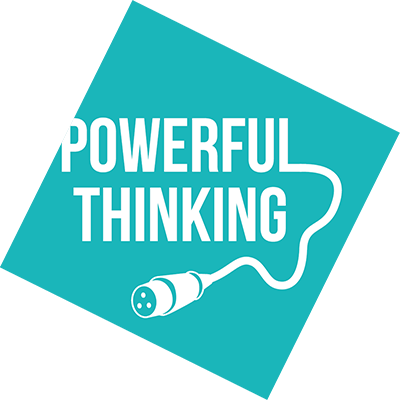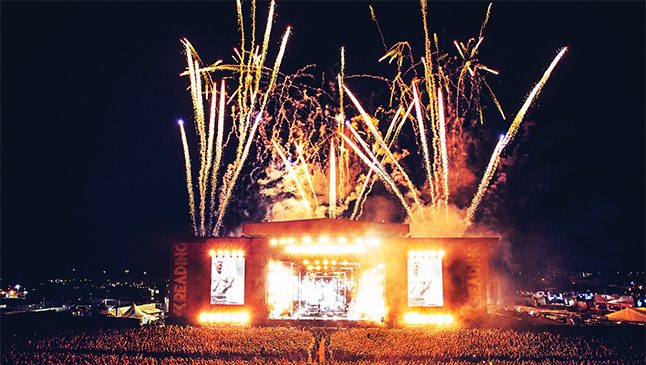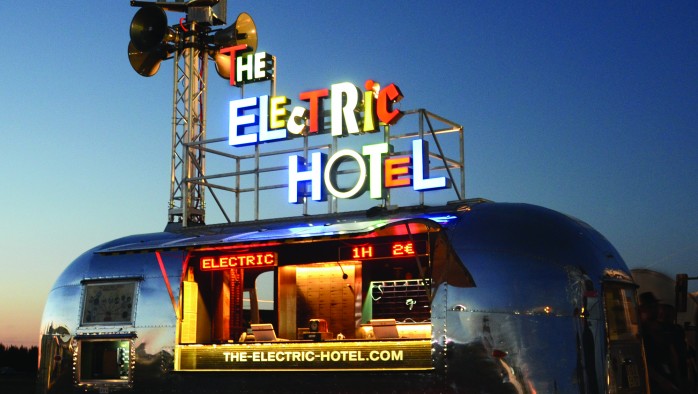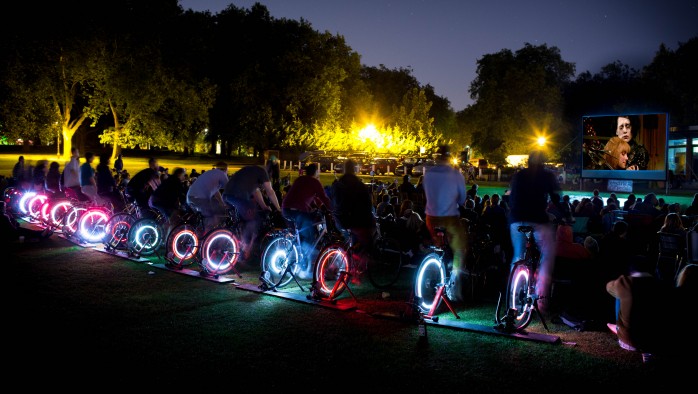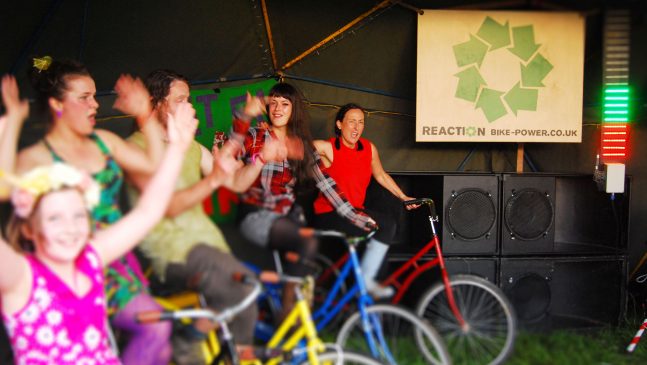Festival Republic: Energy Management at Reading, Leeds and Latitude Festivals.
Festival Republic is a leading UK music events producer with a portfolio of 19 music festivals across Europe, including Download, Latitude, V Festival, Reading, Leeds and Electric Picnic Festivals. More than half a million people attend the festivals they own and co-produce each year.
Festival Republic are committed to understanding and reducing the environmental impact of their festivals but this case study focuses on the challenges and successes of their commitment to reducing CO2 emissions from energy use at Leeds, Reading and Latitude.
Their sustainability policy includes using waste vegetable oil biodiesel to power the festivals’ generators. Between 2010 and 2011 they increased the amount of biodiesel used at Leeds from 18.5% to 24.5%, and at Reading from 12.5% to 18.2% in 2012. This commitment continues despite there being limited biodiesel supply in parts of the country, unpredictable price fluctuations, and a higher cost for sustainable biodiesel in comparison to regular diesel. They now aim for biofuel to make up 15% of the total fuel burned on site, in line with the Julies Bicycle benchmark, and are investigating into fuel efficiency measures to reduce the amount of fuel they use in the first instance.
Festival Republic requires their energy contractor to monitor generators and provide data on the actual fuel consumption after the festival. Based on the data collected, Festival Republic is working to reduce the size and/or number of generators to better match their energy needs and be more efficient about their fuel use. In 2015 Leeds and Latitude Festival were able to reduce the overall size of the generators compared to 2014 and this was achieved even though there was an increase in the festivals infrastructure. 2016 is the fourth year of data they have collected and are working closely with their power suppliers to see if this can be used to make further energy efficiency savings.
In 2015 Festival Republic explored alternative and new energy technologies such as hybrid generators and solar power. They also hired solar powered batteries that can be linked to generators to reduce the generator run-time. After a trial at Latitude, one of the power contractors has invested in a number of these batteries tailored to their technical needs to add to their own fleet, showing that Festival Republic’s dedication is indirectly supporting fuel efficiency in the broader events industry. Combining the two different technologies has been challenging, requiring training for the engineers in the field and dedication from the teams. The initiative is not yet financially viable, but Festival Republic continues to invest to support this kind of knowledge exchange between solar power and generator companies.
Festival Republic works with their contractors to reduce energy demand through specifying more energy efficient technologies; for example, in 2012, Colour Sound Experiment, one of their lighting and visuals rental companies, invested in 1.5 km of LED festoon lighting in response to demand from Reading Festival. The Festival Republic technical production teams work with their audio, video, and sound companies to improve communication around power specs and energy requirements to encourage broader industry conversation about ‘what’s actually needed’ at festivals.
At Latitude in 2015, the audience was engaged around the topic of energy and sustainability through a partnership with De Montfort University’s ‘Face your Elephant’ project. The audience were also physically acquainted with energy awareness through cycle-powered phone charging stations to promote renewable energy in a creative way.
Since 2009, Leeds and Reading festivals have reduced their total carbon emissions significantly, by more than 20% per audience day. In 2015, Latitude and Leeds were awarded a Creative Industry Green rating of four stars and Reading has achieved three stars since 2013. 2016 was the first year in which Download and V Festival were assessed and at the time of writing this case study the results are awaited.
